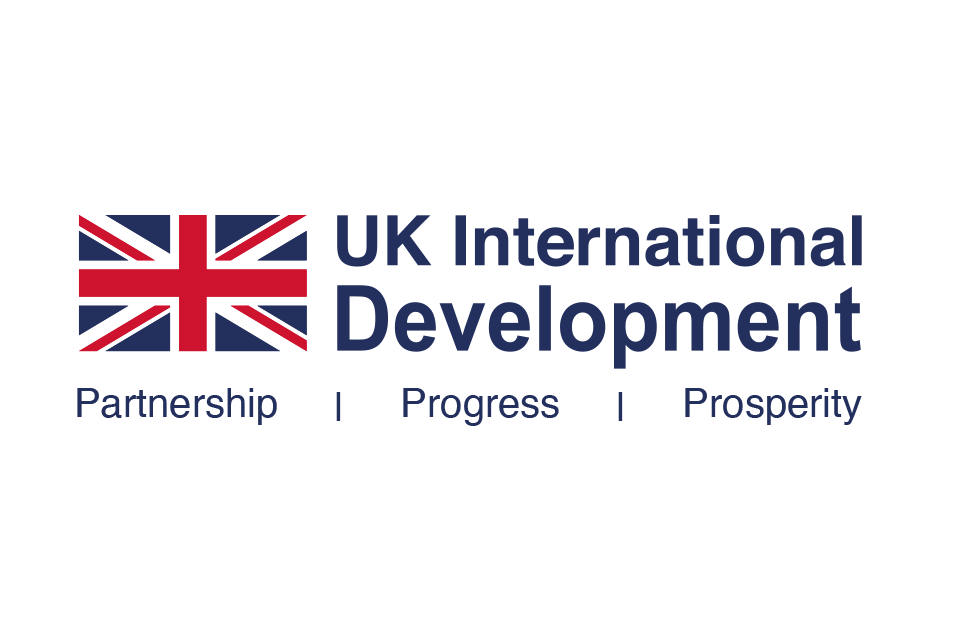Improving Access to Justice for Internally Displaced Women in Somalia
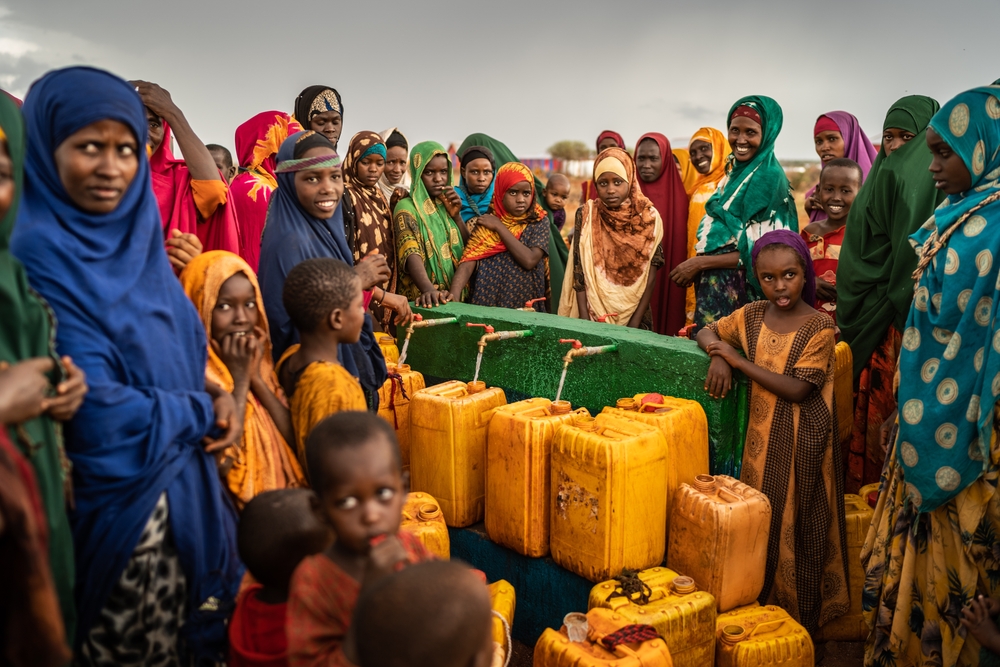
Funded by IPA’s Peace and Recovery program, researchers conducted a pilot randomized evaluation in Somalia to investigate the effects of a community police program aimed at preventing gender-based violence and increasing access to justice for women who are internally displaced.
In fragile contexts such as Somalia that feature weakened state institutions, women are both vulnerable to gender-based violence and largely unable to obtain justice through formal institutions, such as the police. Faced with few alternatives, there is increasing evidence of a worrisome trend wherein women turn to informal militant courts run by Al-Shabaab in place of the state. This in turn reinforces the haphazard patchwork of state-sanctioned and informal avenues for justice, rather than improving service delivery such that women seek redress from the state and not from militant groups (Haas and Khadka, 2019; Katuni, 2017).
Researchers conducted a pilot randomized evaluation in Somalia to investigate the effects of a community police program aimed at preventing gender-based violence and increasing access to justice for internally displaced women. The program under evaluation will pair police training with two different encouragement strategies designed to increase women’s utilization of police services, should their performance improve due to the training: one that facilitates the identification of female officers trained in gender-based violence, and a second that seeks to create a personalized relationship and direct communication line between internally displaced women and female police officers. The results of this evaluation will provide evidence of the best ways to build trust in the police in order to increase access to justice for women survivors of gender-based violence.
This project was funded by UK International Development, awarded through Innovation for Poverty Action's Peace & Recovery Program.
Implementing Partners
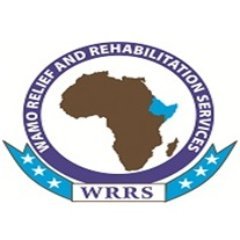
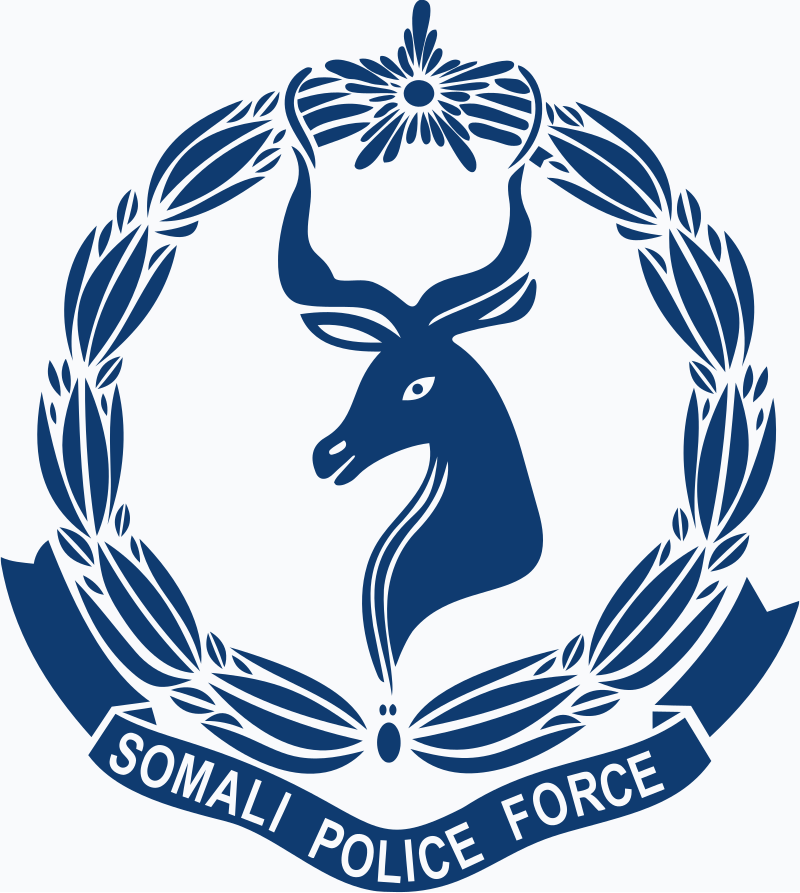
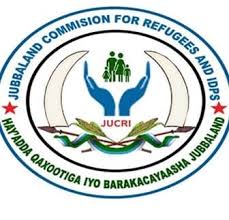
Funding Partner
